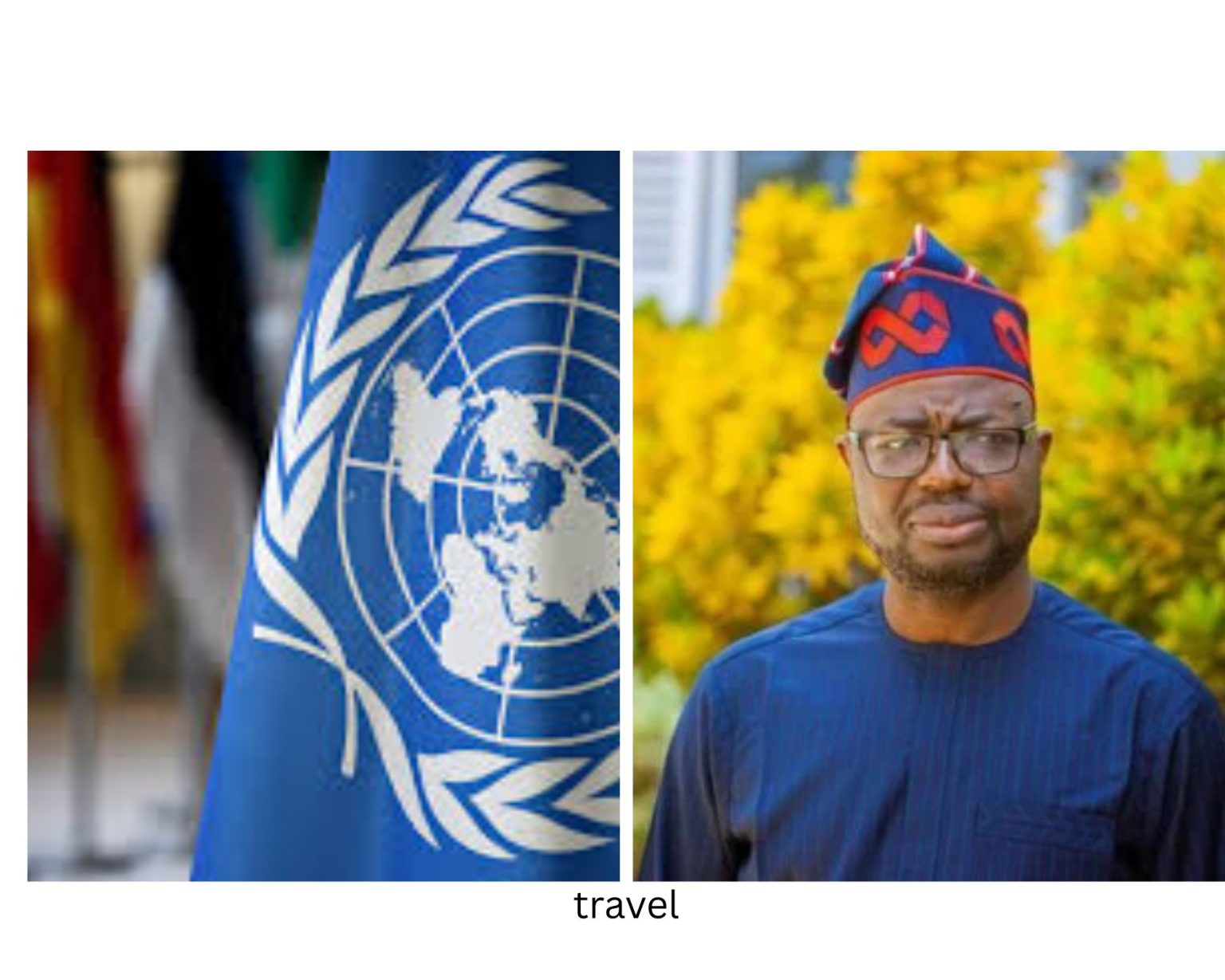Nigeria has reaffirmed its commitment to deepening collaboration with the United Nations as the Federal Government intensifies efforts to tackle poverty and strengthen humanitarian coordination to the nation’s most vulnerable communities.
The Minister of Humanitarian Affairs and Poverty Reduction, Dr. Bernard Doro, made this known on Tuesday during the first courtesy visit by a United Nations delegation led by the UN Resident and Humanitarian Coordinator, Mr. Mohammed Malick Fall, at the Minister’s Conference Room, Federal Secretariat, Abuja.
Dr. Doro, who recently assumed office, said the current administration remains committed to bold reforms aimed at restoring economic stability while safeguarding vulnerable populations who bear the brunt of national hardship.
Read Also:
Bernard Doro launches ECMS to drive Nigeria’s paperless civil service agenda
PDP Southwest hails Makinde for ‘rescuing’ party as Turaki emerges national chairman
The minister acknowledged that major economic reforms come with short-term discomfort, but insisted the long-term benefits for national stability, resilience, and development far outweigh the temporary difficulties currently faced by citizens. “The statistics may be daunting, but with strong partnerships, we can reduce poverty and build a more resilient society,”
Dr. Doro stated. “Poverty may not be entirely erased, but we can drastically reduce it by empowering Nigerians to become self-reliant through a structured, long-term empowerment process.”
He revealed that the ministry is developing a flagship poverty-reduction programme anchored on skills development, mentorship, start-up capital support, and continuous project evaluation to ensure lasting impact.
The minister added that humanitarian challenges, stemming from conflict, natural disasters, and climate-related shocks require coordinated action and collaboration with the international institutions, particularly the United Nation.
“We must shift from short-term reactions to long-term, sustainable strategies. If we tackle poverty, we reduce conflict, and when we reduce conflict, we reduce humanitarian crises,”
he said.
Dr. Doro emphasized that President Tinubu’s Renewed Hope agenda places top priority on reducing poverty, supporting vulnerable groups, responding swiftly to crises, and restoring dignity to affected Nigerians.
UN: Nigeria Must Take Greater Leadership in Humanitarian Response
In his remarks, UN Humanitarian Coordinator Mohammed Malick Fall congratulated the minister on his appointment, noting that Nigeria’s humanitarian landscape has expanded significantly beyond the North-East due to escalating conflict, insecurity, and climate-induced disasters.
Mr. Fall disclosed that over 3.5 million Nigerians are currently displaced as a result of conflict and climate shocks, while millions more face acute and complex humanitarian needs.
He warned that even as humanitarian challenges grow, global funding for aid continues to decline, making it imperative for Nigeria to assume stronger leadership in managing and coordinating its own humanitarian response.
“Nigeria is a country the entire continent looks up to,” Malick Fall said. “At a time when global crises compete for attention and resources, it is necessary for Nigeria to take greater ownership in driving humanitarian and development responses. The UN has over 20 agencies and all are committed to walking this journey with you.”
The UN representative also stressed the importance of “localization”, transferring leadership of humanitarian efforts from international actors to Nigerian institutions, state agencies, and local organizations to ensure sustainability and efficiency.
He further recalled ongoing consultations with the Federal Government on establishing a National Council for Humanitarian Affairs, which would enhance coordination and strengthen Nigeria’s capacity to lead its humanitarian interventions.
The UN pledged support for the ministry to build resilient systems, empower communities, and reduce humanitarian pressures driven by poverty, conflict, and climate change.
The meeting was attended by the Permanent Secretary, Dr. Yakubu Adam Kofarmata, directors of the ministry, and top UN delegates.



